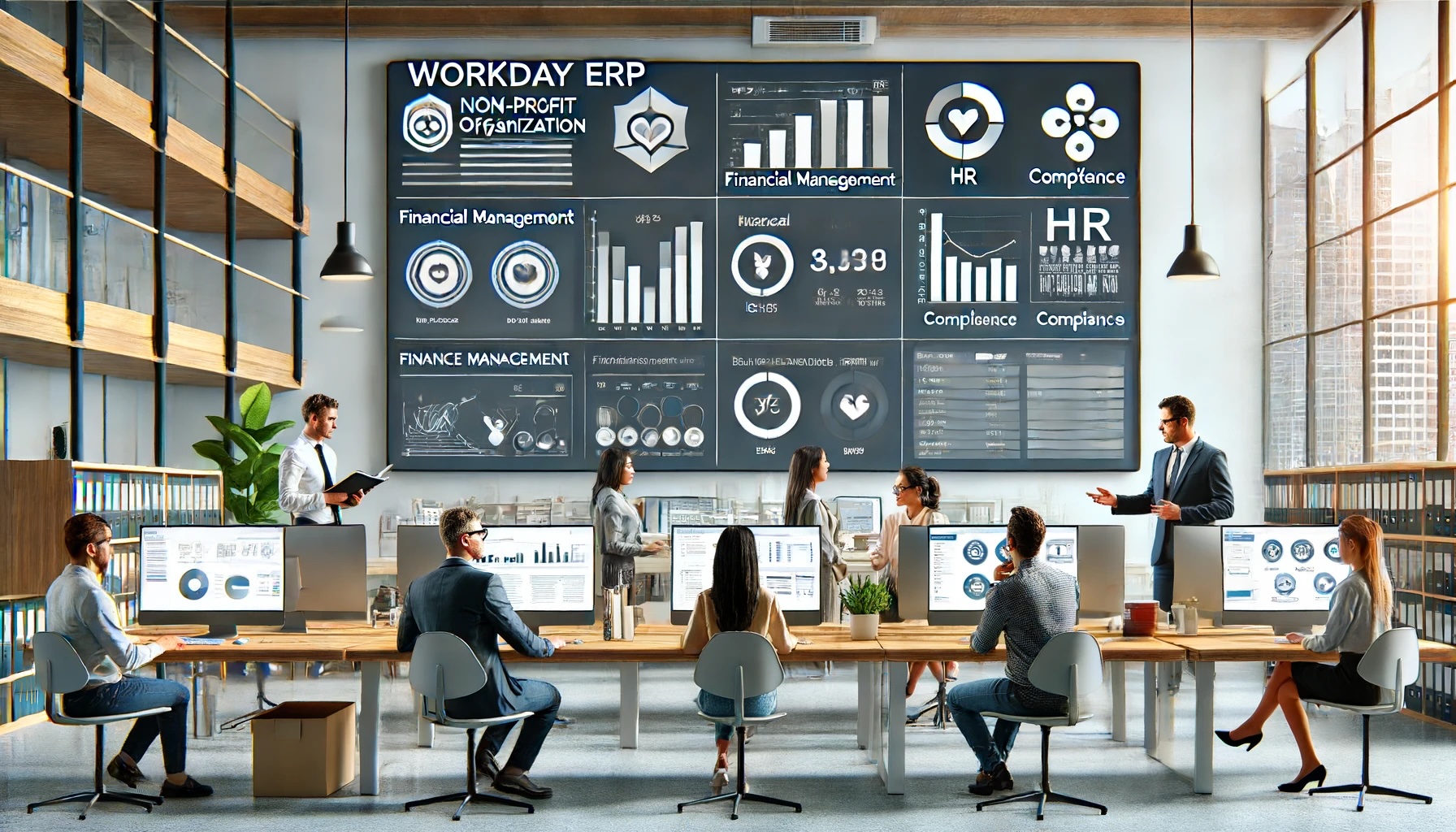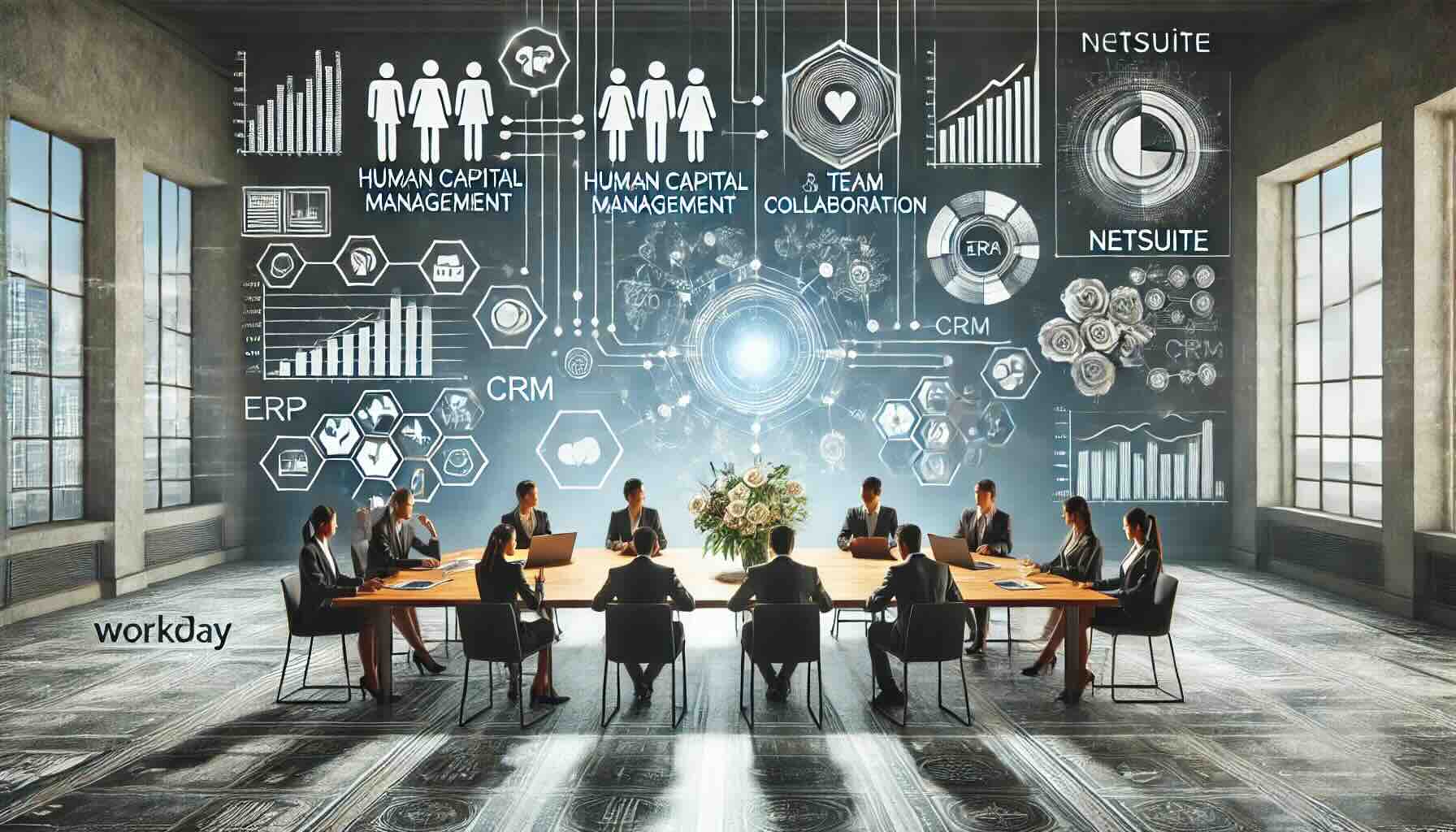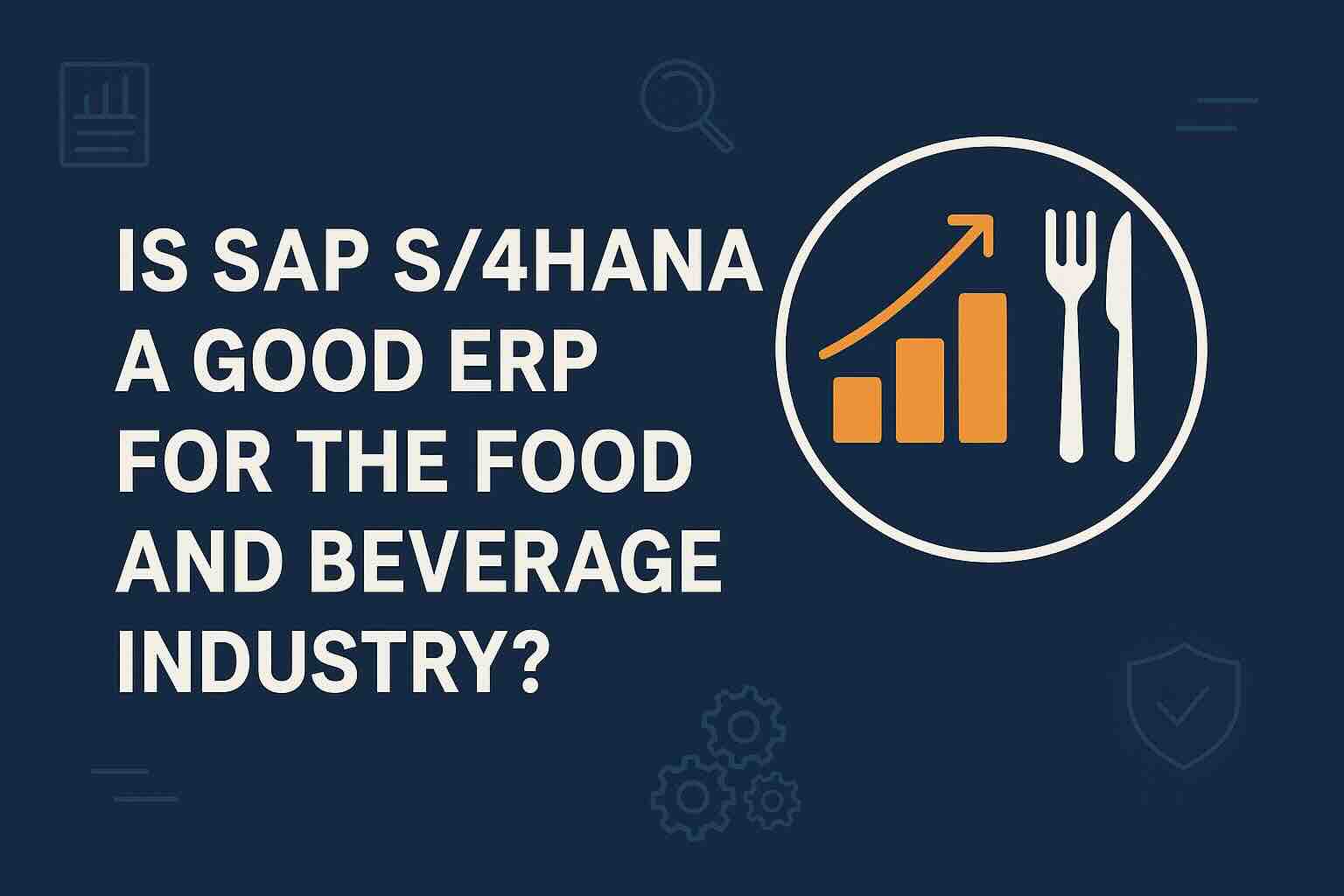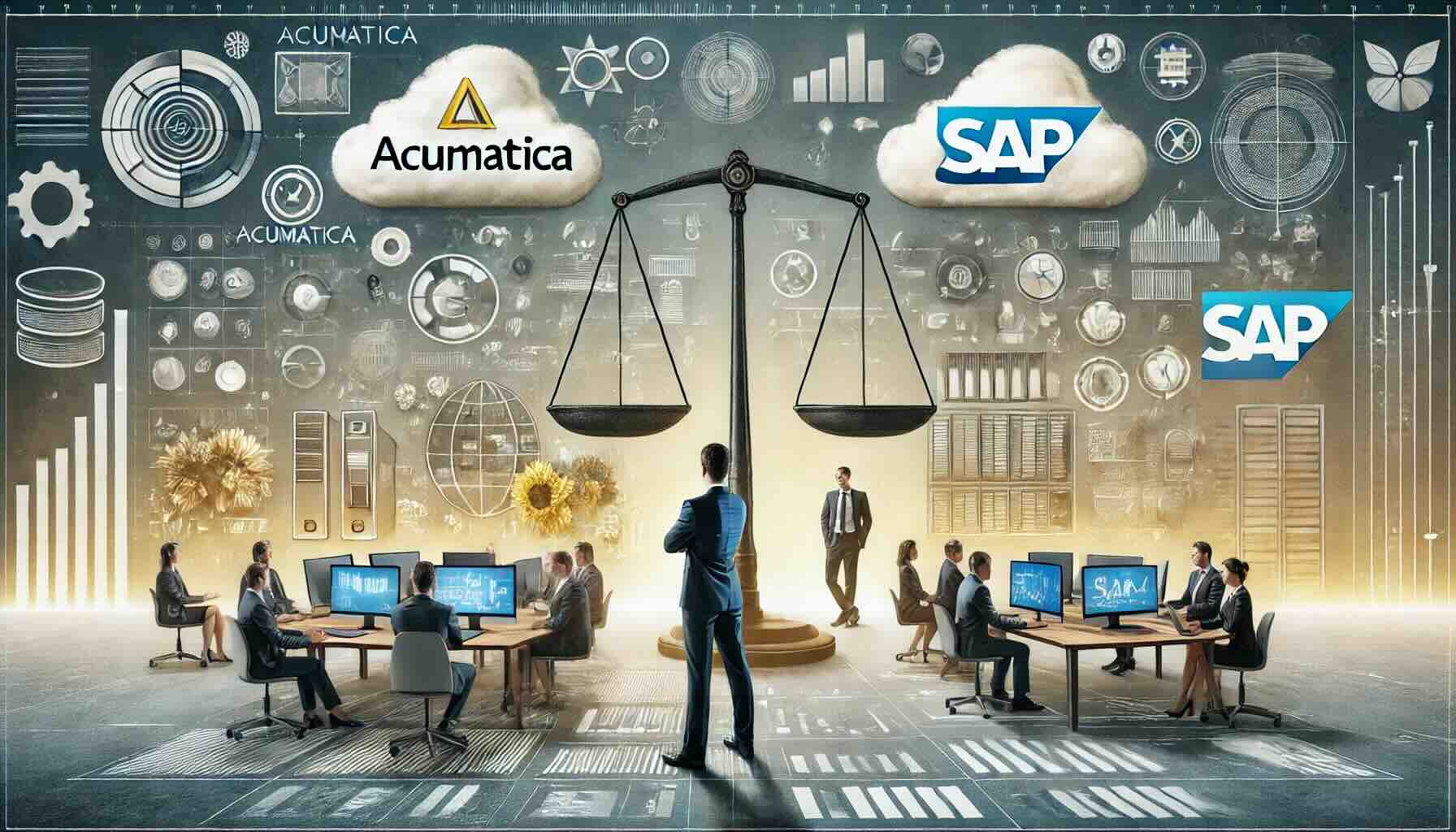Best ERP and CRM for Small Businesses: Streamlining Operations and Boosting Growth

In today’s fast-paced business environment, small businesses must leverage technology to stay competitive and efficient. Enterprise Resource Planning (ERP) and Customer Relationship Management (CRM) systems are crucial tools that help streamline operations and enhance customer interactions. Choosing the best ERP and CRM for small businesses can significantly impact growth and productivity. In this blog, we will explore the top integrated ERP and CRM solutions tailored for small enterprises, highlighting their pros and cons.
Why Small Businesses Need Integrated ERP and CRM Solutions
Integrated ERP and CRM systems combine various business processes into one unified platform, providing real-time data, reducing manual errors, and improving overall productivity. This integration helps manage operations more efficiently and enhances customer interactions by providing insights into customer behavior and preferences.
Key Features to Look for in Integrated ERP and CRM Solutions
- Scalability: As your business grows, your ERP and CRM systems should be able to scale with you.
- Ease of Use: Small businesses often lack extensive IT resources, so the systems should be user-friendly and easy to implement.
- Customization: The ability to customize the software to meet specific business needs is crucial.
- Integration: The best ERP and CRM systems should seamlessly integrate with other tools and applications your business uses.
- Cost-Effectiveness: Small businesses need solutions that offer great value without breaking the bank.
Top Integrated ERP and CRM Solutions for Small Businesses
1. Odoo
Odoo is a versatile ERP solution that offers a suite of business applications, including CRM, project management, manufacturing, inventory, and accounting. It is highly customizable and provides an intuitive user interface, making it ideal for small businesses.
Pros:
- Modular design allows businesses to start with what they need and add more modules as they grow.
- Open-source platform offering flexibility and affordability.
- Strong community support and regular updates.
Cons:
- Can require significant customization, which might need technical expertise.
- Integration with third-party apps can sometimes be challenging.
2. NetSuite
NetSuite, a cloud-based solution by Oracle, is designed to automate and streamline business processes. It offers a comprehensive suite of applications that integrate ERP and CRM functionalities, from financial management to inventory and supply chain management.
Pros:
- Real-time analytics and reporting.
- Robust financial management capabilities.
- Scalability to support growing businesses.
Cons:
- Higher cost compared to some other solutions, which might be a barrier for very small businesses.
- Implementation can be complex and time-consuming.
3. SAP Business One
SAP Business One is an integrated ERP and CRM solution designed for small and medium-sized businesses. It helps manage critical business functions, including financials, operations, and customer relationships.
Pros:
- Comprehensive and easy-to-use interface.
- Advanced analytics and reporting tools.
- Strong support for industry-specific solutions.
Cons:
- Can be expensive for small businesses.
- Implementation and customization can require professional assistance.
4. Zoho One
Zoho One is an all-in-one suite that combines ERP and CRM functionalities. It includes over 40 integrated business applications, making it a comprehensive solution for small businesses. Zoho One is known for its affordability and ease of use.
Pros:
- Extensive suite of applications covering all business needs.
- Seamless integration between applications for smooth data flow.
- Customizable to fit unique business processes.
Cons:
- Some users report that the interface can be overwhelming due to the number of features.
- Customer support can be slow to respond.
5. Microsoft Dynamics 365
Microsoft Dynamics 365 offers a unified platform that combines ERP and CRM capabilities. It is designed to provide end-to-end business management solutions, from financials and operations to sales and customer service. This solution is highly scalable and integrates well with other Microsoft products.
Pros:
- Comprehensive suite of tools for various business functions.
- Real-time data analytics and insights.
- Strong integration with Microsoft Office and other tools.
Cons:
- Can be costly, especially for small businesses.
- Complexity might require extensive training and support.
Conclusion
Selecting the best integrated ERP and CRM for small businesses depends on your specific needs, budget, and growth plans. Solutions like Odoo, NetSuite, SAP Business One, Zoho One, and Microsoft Dynamics 365 offer robust ERP and CRM functionalities, each with its own set of advantages and challenges. By investing in the right ERP and CRM systems, small businesses can streamline operations, enhance customer relationships, and drive sustainable growth.
Remember, the best integrated ERP and CRM for small businesses are those that align with your business goals and can scale as your business evolves. Make sure to evaluate your options carefully and choose solutions that offer the features and flexibility you need to succeed.
To compare these ERP solutions and many more, you can use our new AI-powered Compare ERP tool. It’s free to use and you get a guaranteed discount on your first year’s licence fees with a referral from Compare ERP.









